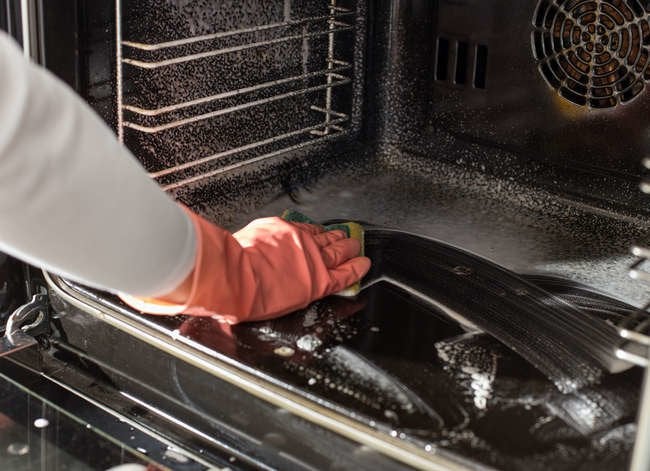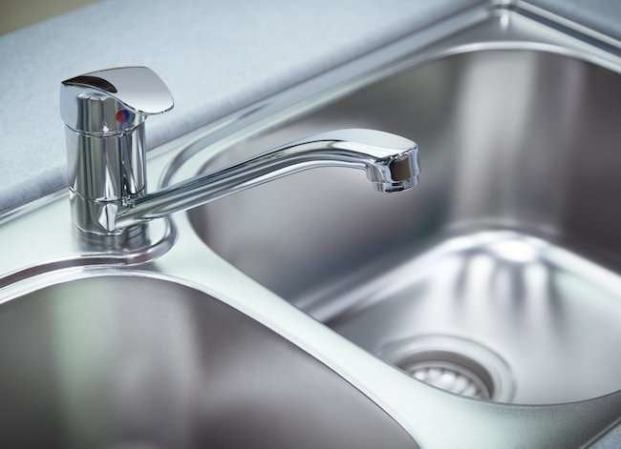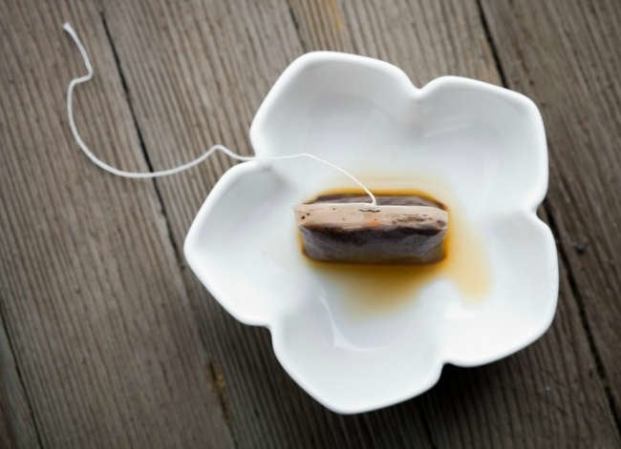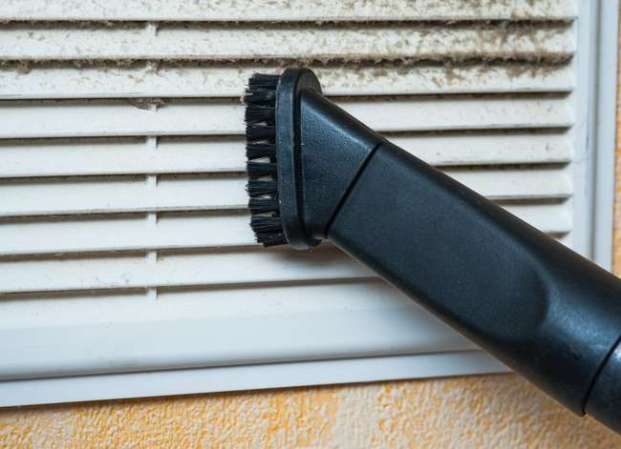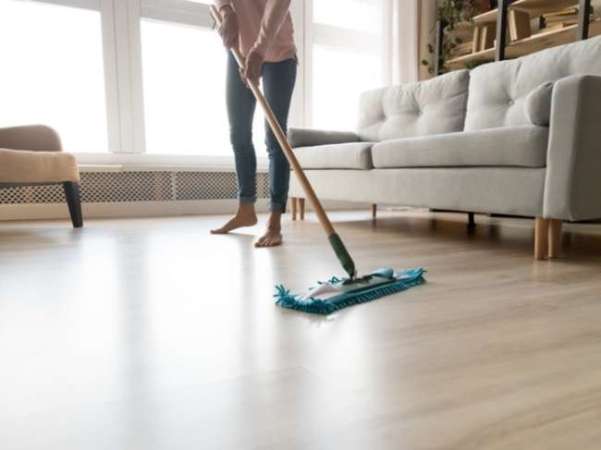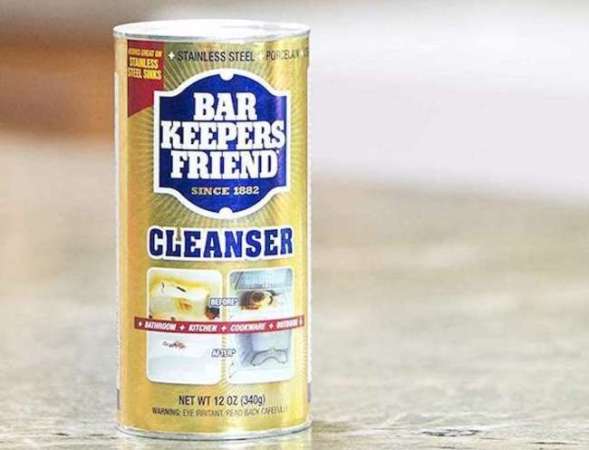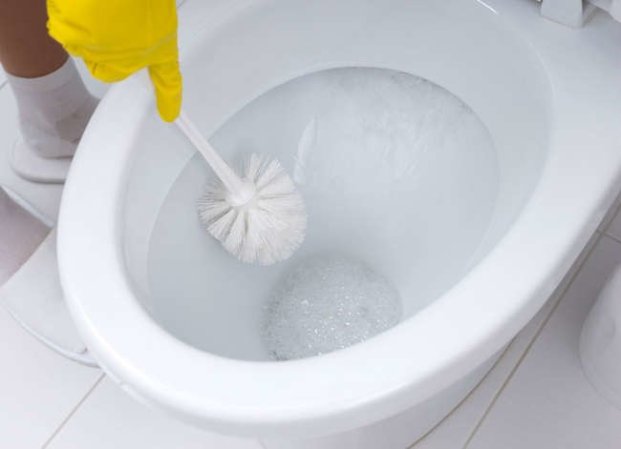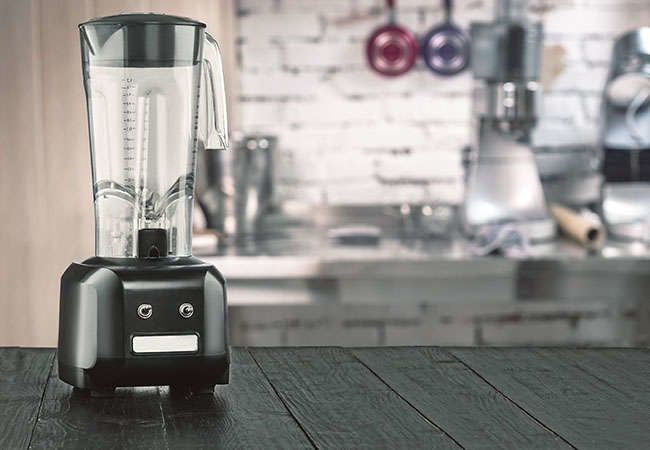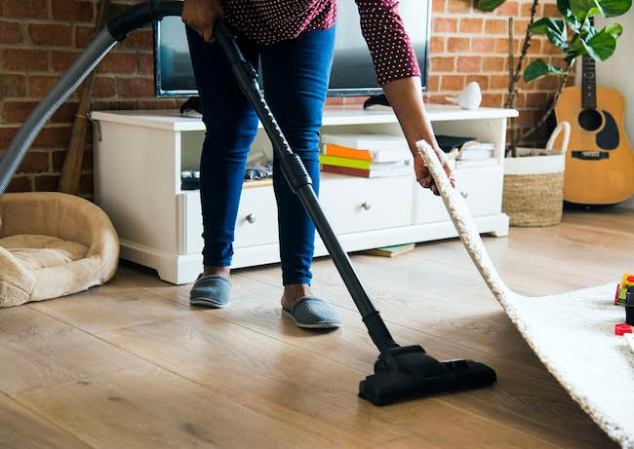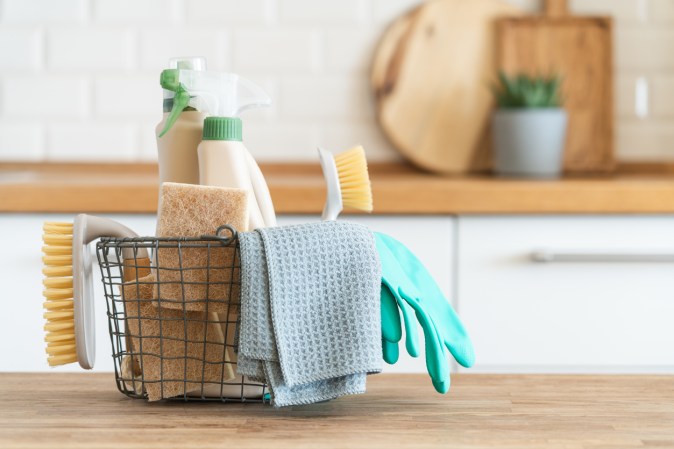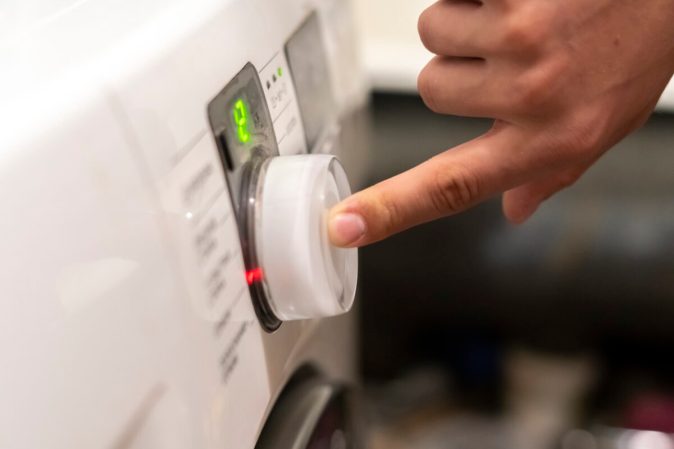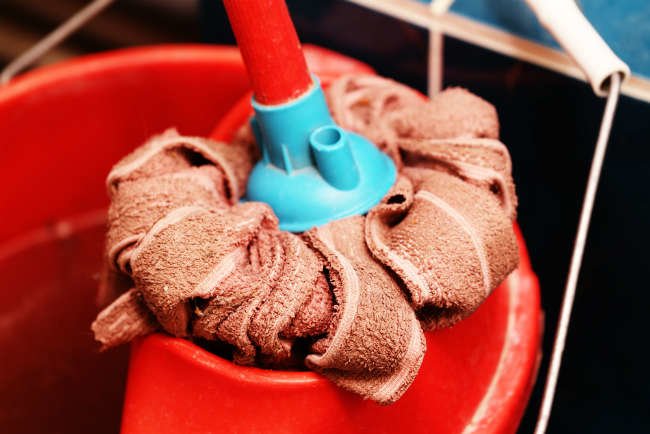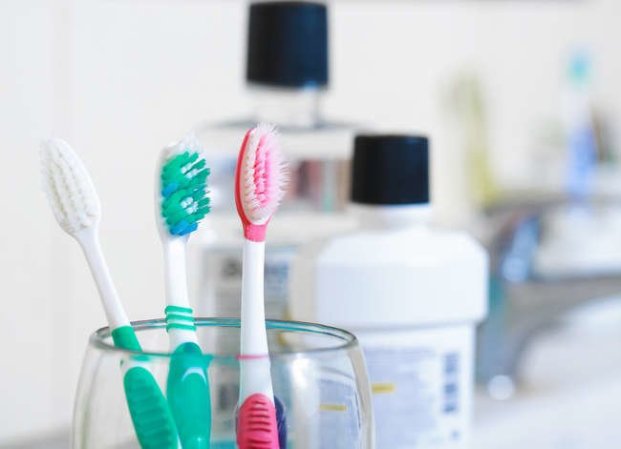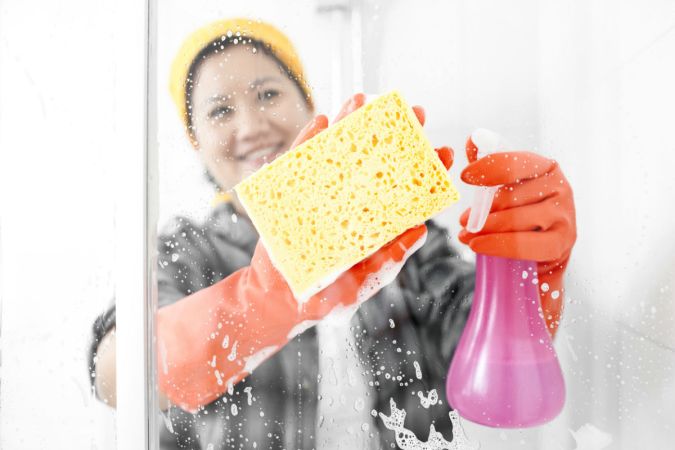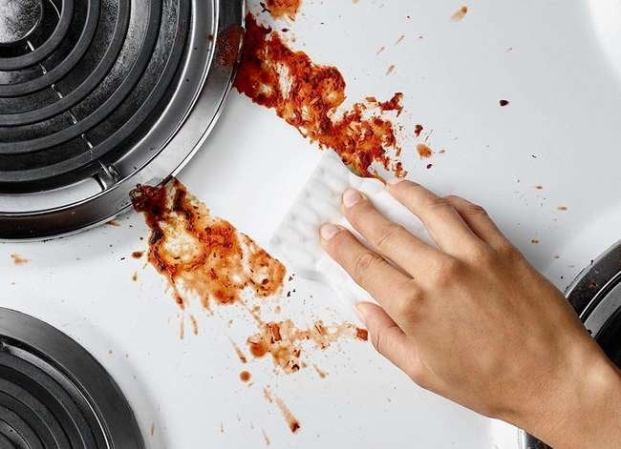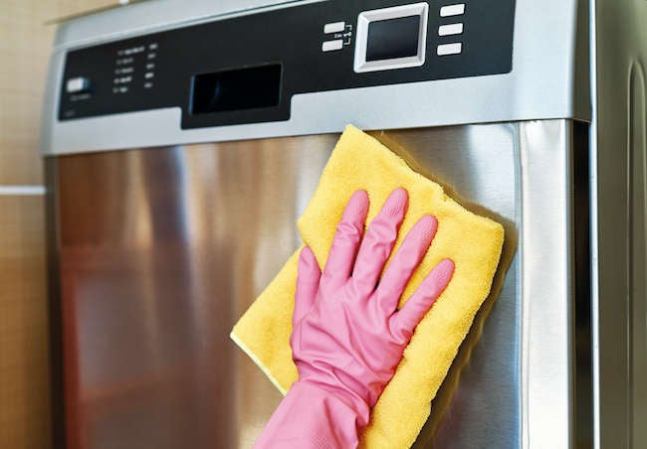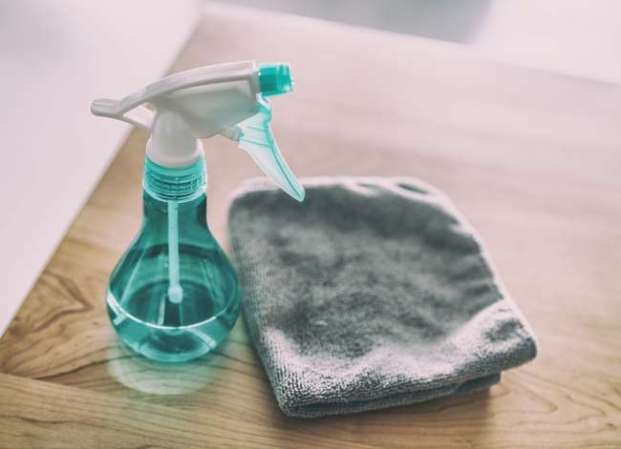We may earn revenue from the products available on this page and participate in affiliate programs. Learn More ›
Spring Cleaning Mishaps
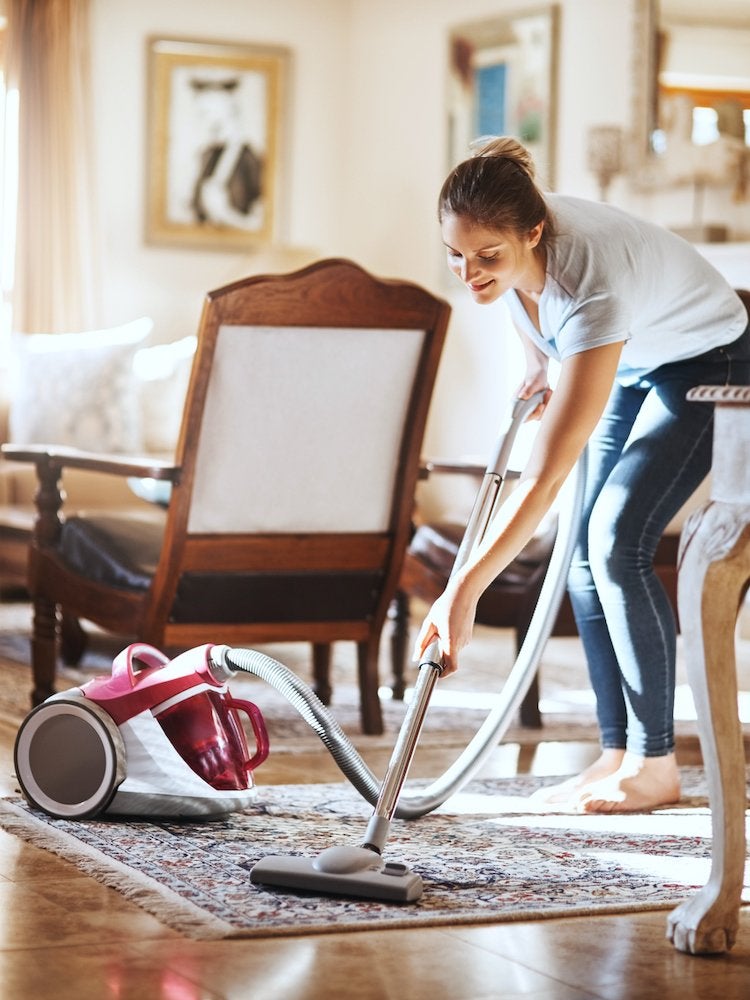
Are you ready to shake the cold-weather blues and spruce up your home for the warmer months ahead? Before you overhaul your living space with cleaning projects galore, remember that spring cleaning isn’t as simple as it seems. With today’s powerful cleaning products, and high-tech appliances, there’s a lot of room for error. One simple mistake could damage your home, costing you a world of effort and a stack of cash. Keep these tips in mind before you clean and you’ll dodge disaster and be left with a no-mess, no-stress home.
Time to Shine
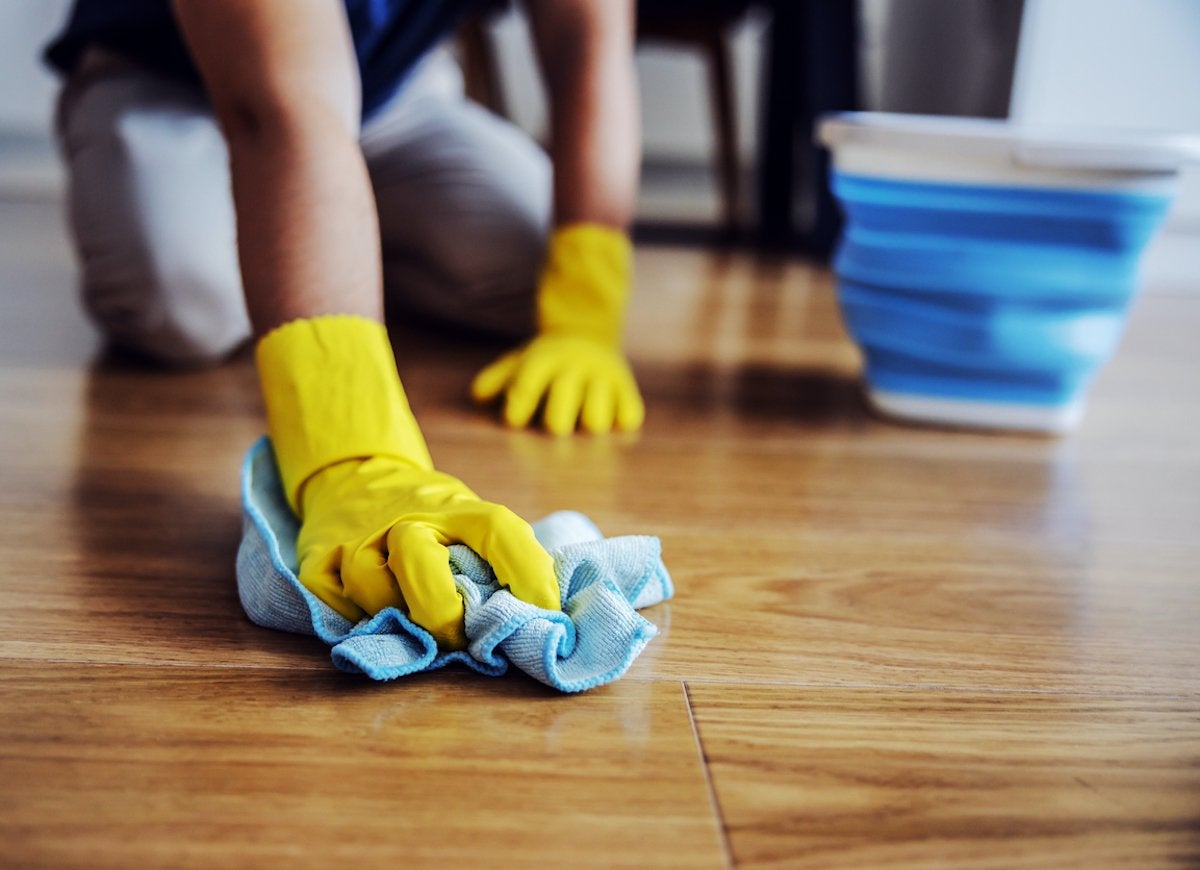
After surviving winter’s dry indoor air, your wood floors might be in need of some rehab. Before you reach for any old product to clean or restore your floor, make sure you’re using one that works for your material and finish. While wax may work great on a floor that’s already wax-coated, it can diminish the shine or smoothness of laminate, varnished, or polyurethane-finished wood. Always consult a product’s instructions and be sure it matches your floor type before using it.
Super Sudsy
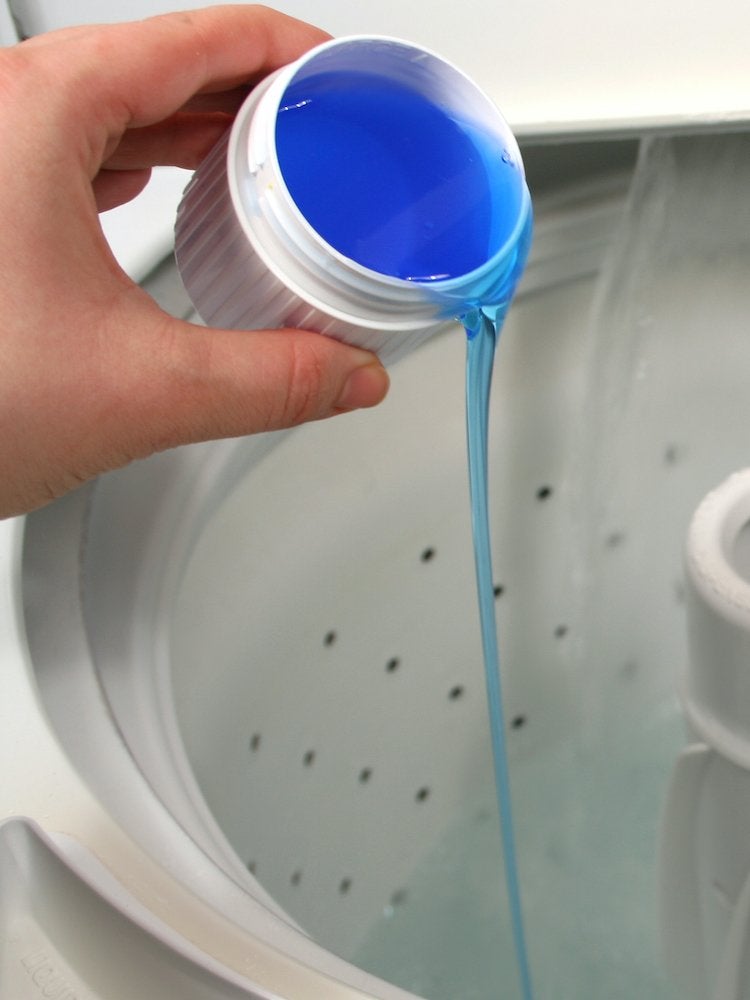
As springtime rolls around, it’s natural to feel the urge to go on a laundry spree, but an overzealous approach can do more harm than good. Using too much laundry detergent is actually worse than not using enough; a heavy-handed dose of soap can make clothes stiff and dingy. All that extra soap can also attract bacteria, leaving linens with an unpleasant odor. Instead, use the amount that the detergent label specifies (or even less, since modern washers are more efficient than many of their predecessors).
Shrinking Slipcovers
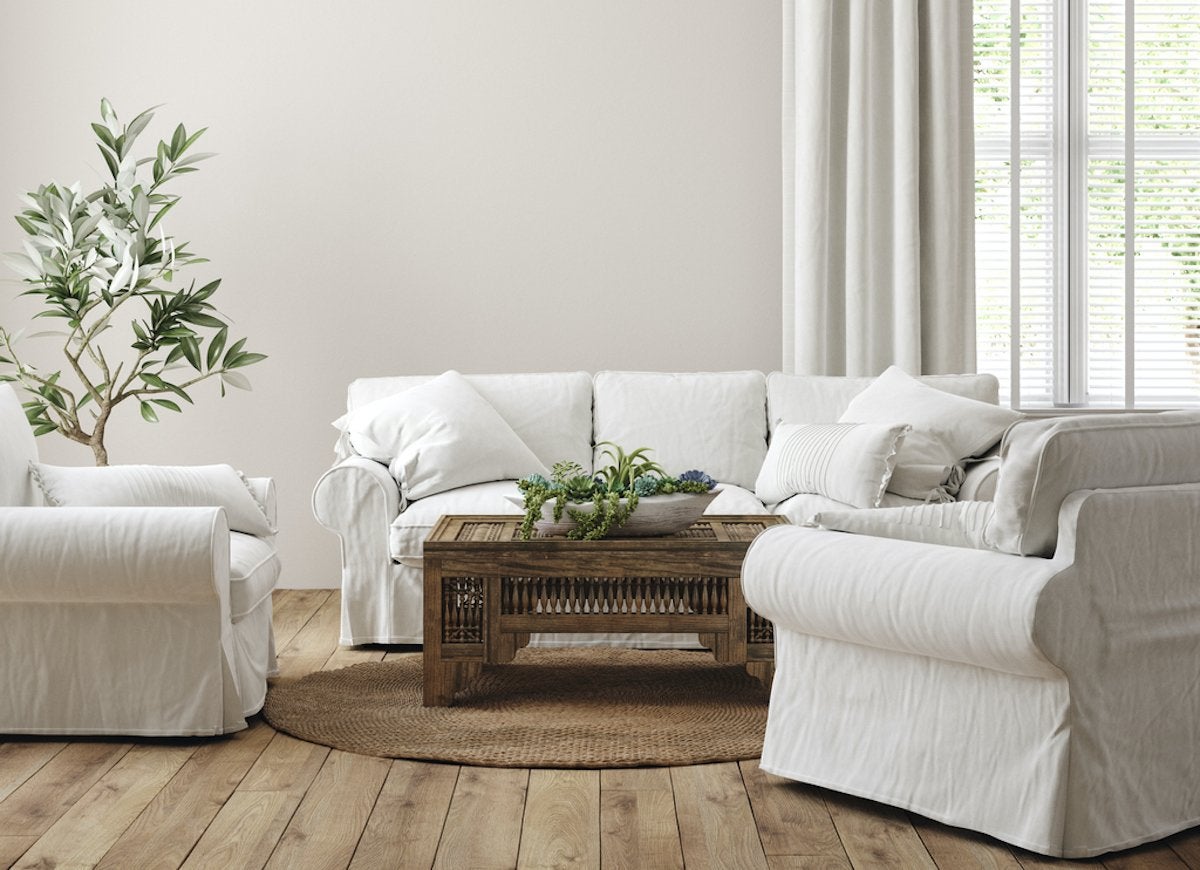
Slipcovers can be a fantastic, low-maintenance option to keep couches and chairs looking fresh and up-to-date, but washing them on the wrong laundry setting can ruin them altogether, causing you to invest in a replacement set. Never wash slipcovers in warm or hot water unless their tags specifically instruct you to do so; instead, opt for cold water to keep them from shrinking.
High and Dry
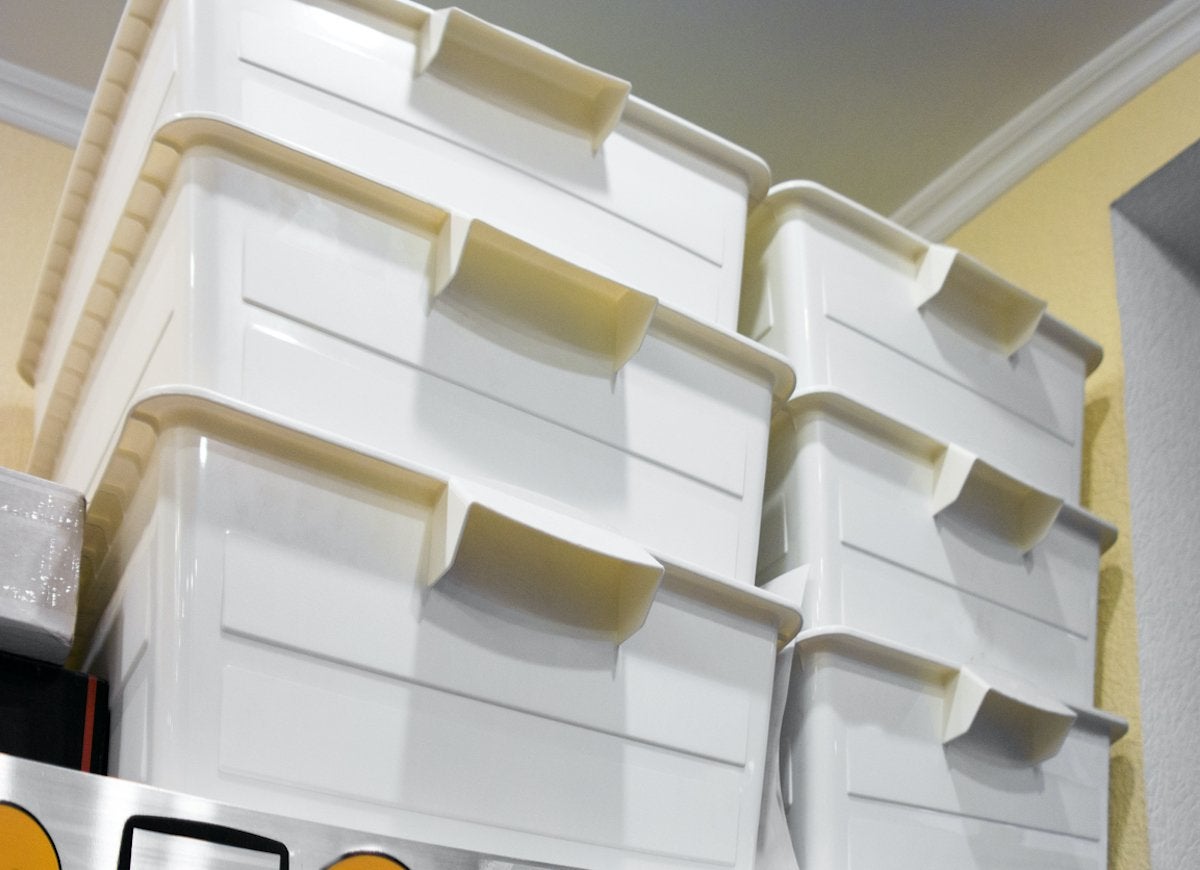
If you’re looking for a way to store all those books you read this winter, steer clear of cardboard boxes. In the event of a flood, leak or condensation issue, your books will quickly warp, smell, and mold if kept in containers that are essentially made of paper themselves. Instead, opt for water-resistant storage bins to keep your reading collection safe. Follow the same rules for putting away your winter clothes.
Crystal Clear
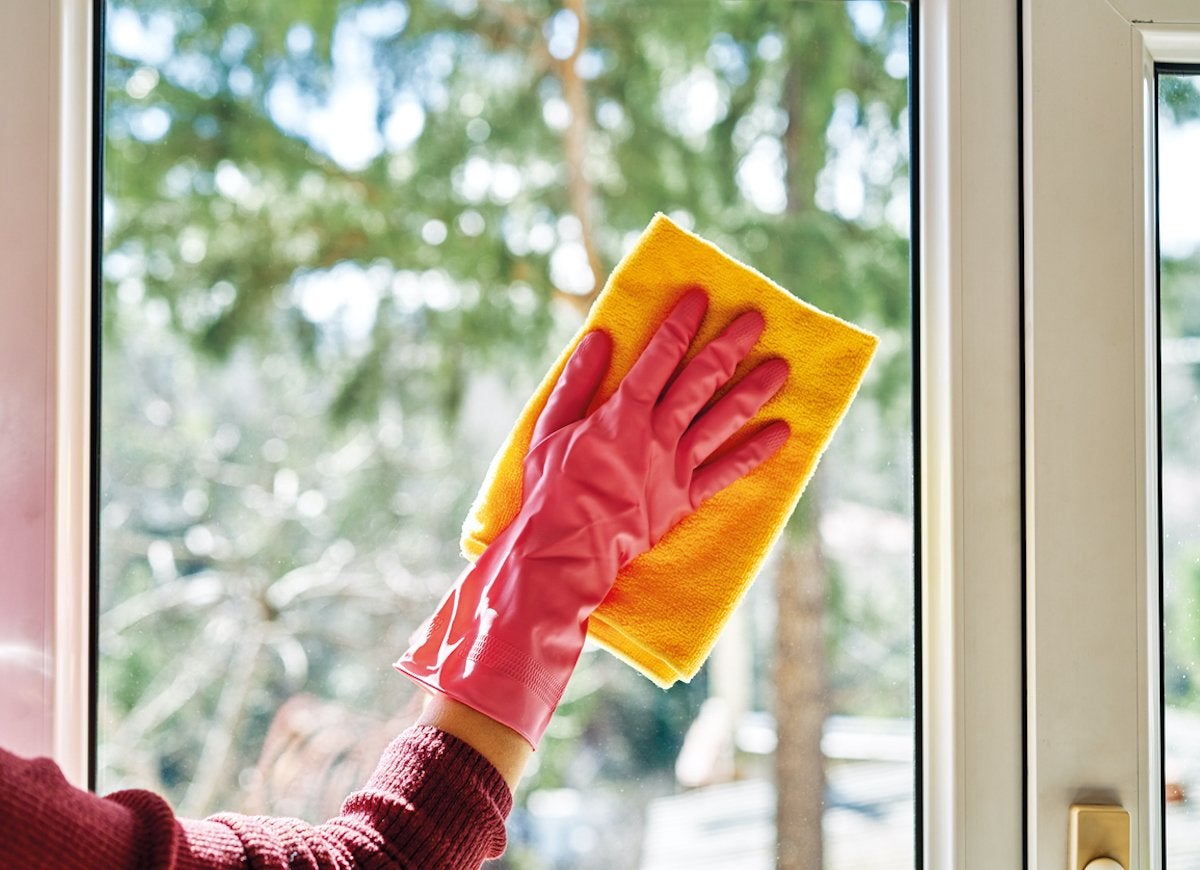
Few things are more frustrating than spending your time and energy trying to make your windows gleam, only to stand back and see streaks. Avoid this common problem by using a lint-free microfiber cloth and either a store-bought, streak-free cleaning solution or one part white vinegar mixed with one part water. For truly grimy windows, try straight vinegar.
Perfect Plexiglass
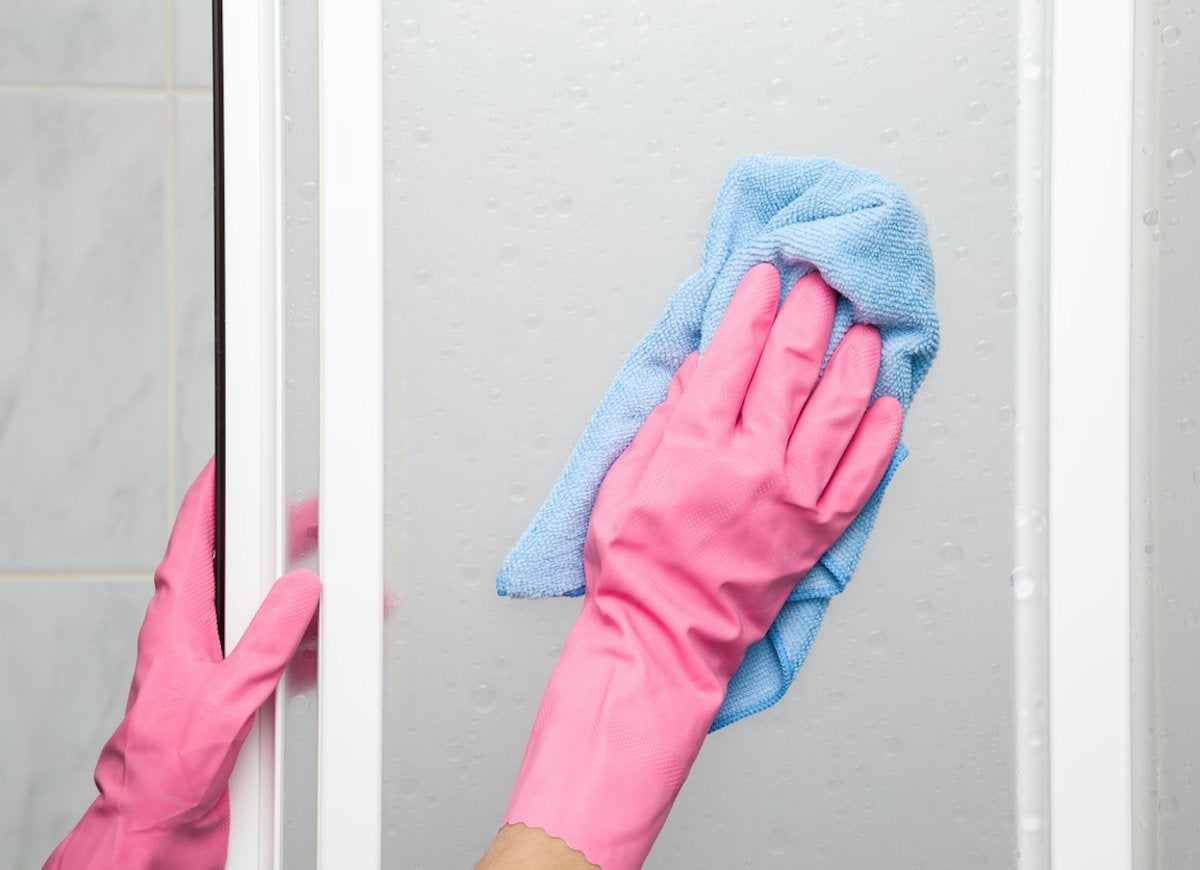
While plexiglass is a wonderful and safe alternative to glass—particularly when used in windows and bathroom enclosures—its durability runs parallel to its sensitivity. Never clean plexiglass with a dry cloth; rather, use a moist cloth (and a light touch) to prevent minor scratches.
Breathing Room
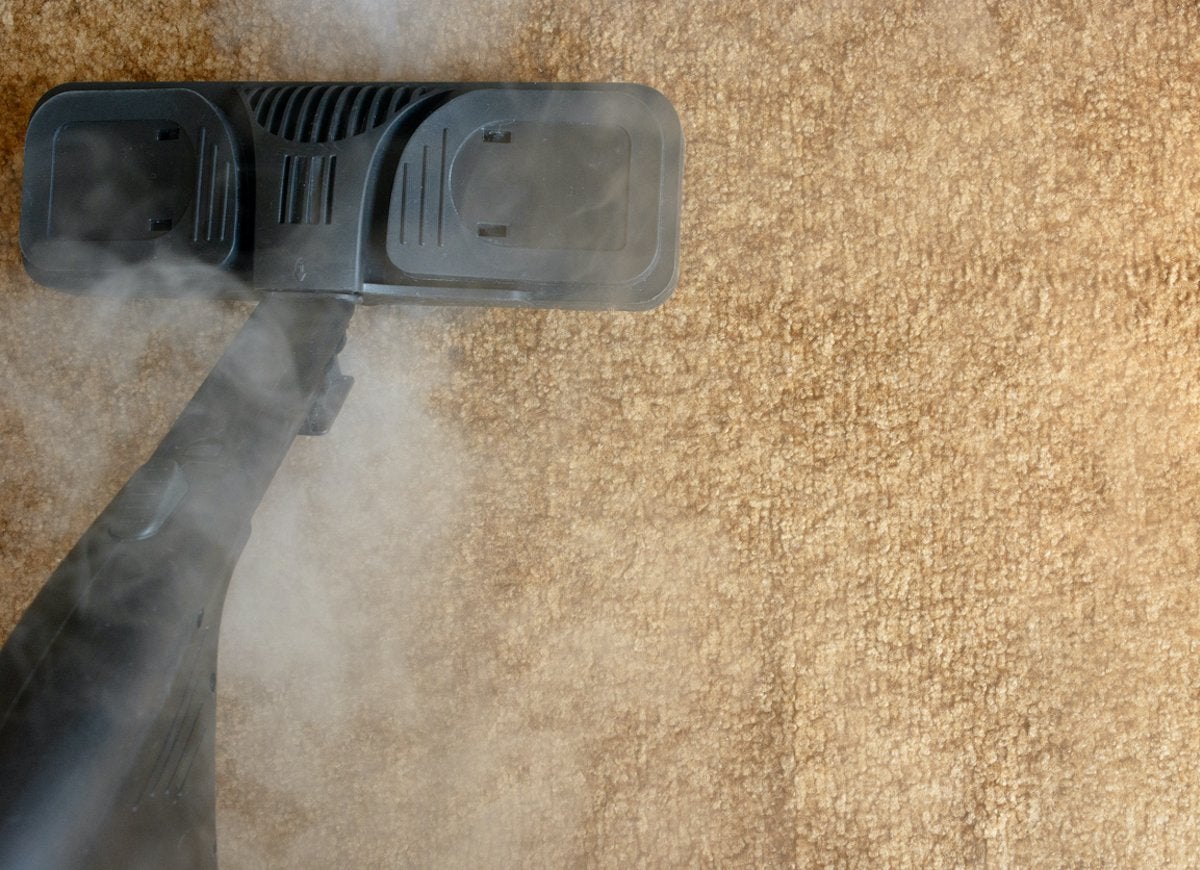
Having your carpets professionally cleaned—or renting a high-powered wet vac and doing it yourself—is a key part of keeping a clean home. But if you don’t allow the carpet enough time to dry before putting furnishings back into place, you run the risk of developing a mold (and odor) problem of epic proportions. Allow enough breathing room for carpets to dry completely before replacing a room’s contents. The proper dry time could be a few hours or a day, depending on the air flow in the room and the thickness of the carpet pile.
Related: 8 Dirty Secrets Your Carpet May Be Keeping from You
Top to Bottom
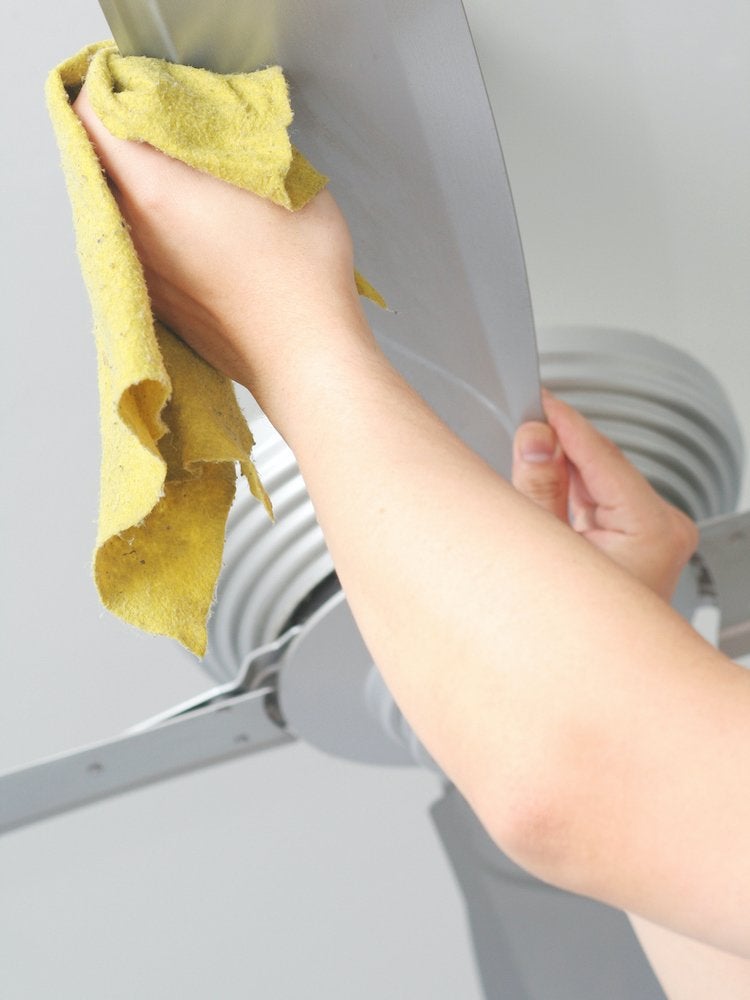
When most people start their spring cleaning regimen, things like floors, windows, and ceilings take precedence over everything else. But if these spots aren’t cleaned in the right order, your cleaning routine can allow copious amounts of dust and other allergens to accumulate. For a deeper clean, start by dusting the light fixtures and corners of the ceiling, then do the windowsills and trim, and finally the baseboards and the floors. In the end, you’ve tackled a lot of dirt with very little effort.
Bug Off
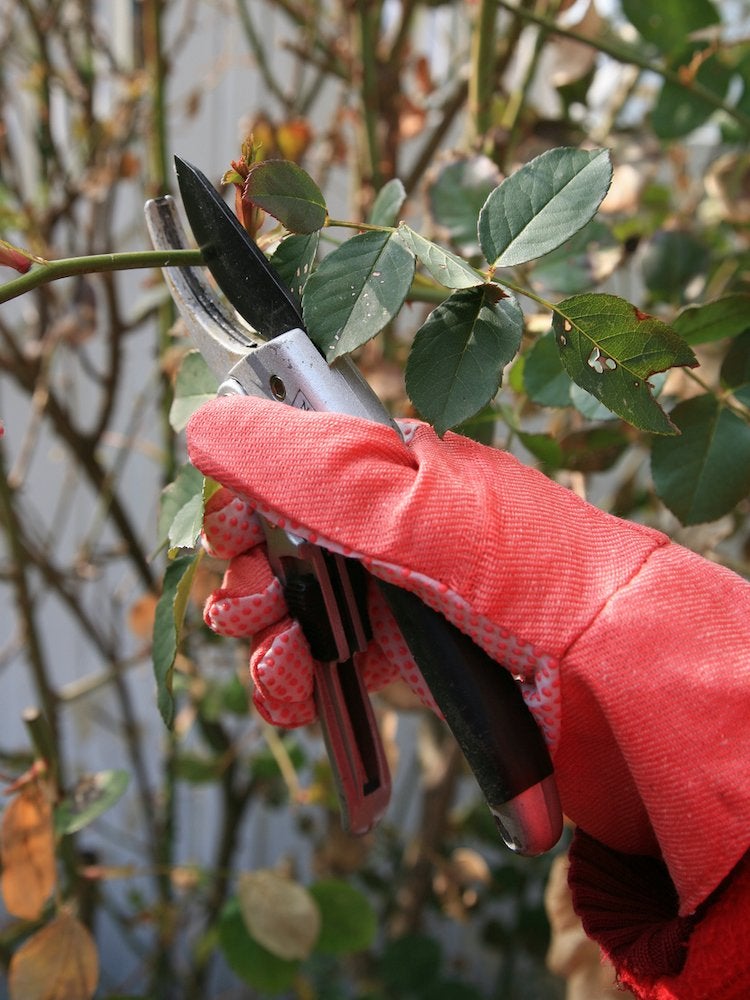
Springtime doesn’t just yield blooms; it also brings bugs and infections, some of which could damage your trees. If you prune your trees and shrubs in advance of the growing season, consider coating the freshly-cut edges of vulnerable trees like birch, elm, and oak in pruning wax to seal the wounds, preventing bugs, bacteria, and fungi from destroying them later on.
Related: 8 Ways to Combat Garden Pests
Keep It Clean
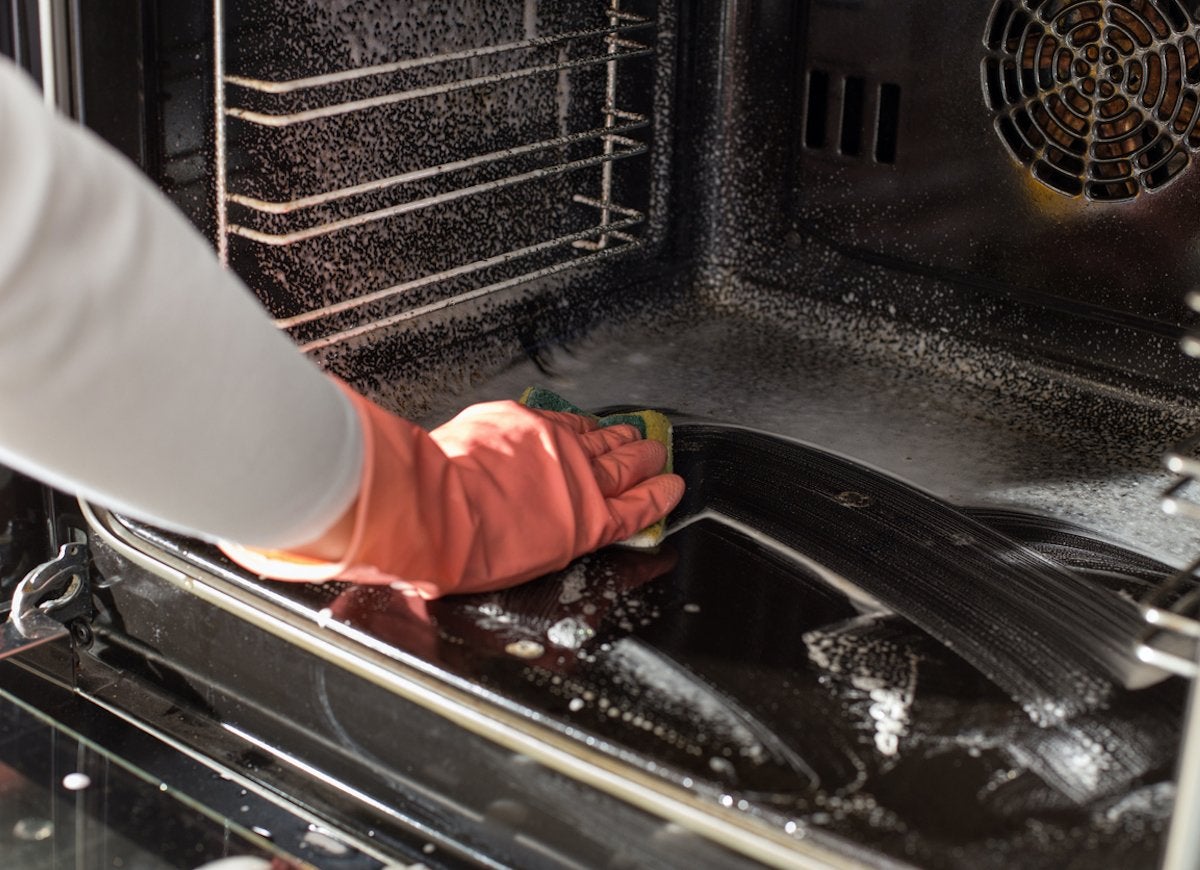
When it’s no longer the season for holiday cooking and winter casseroles, spring offers a perfect opportunity to clean your oven. Most modern appliances come with a self-cleaning option, which promises to make the process easier than ever. If you do use the feature, take care; repeated use, especially in older ovens, can cause heating elements to burn out, or expose you to toxic fumes. To avoid this, skip the self-clean and use the right solution for your oven, following all instructions to the letter.
Related: The Must-Dos (and 4 Definite Don’ts) When Cleaning an Oven
Cool & Refreshing
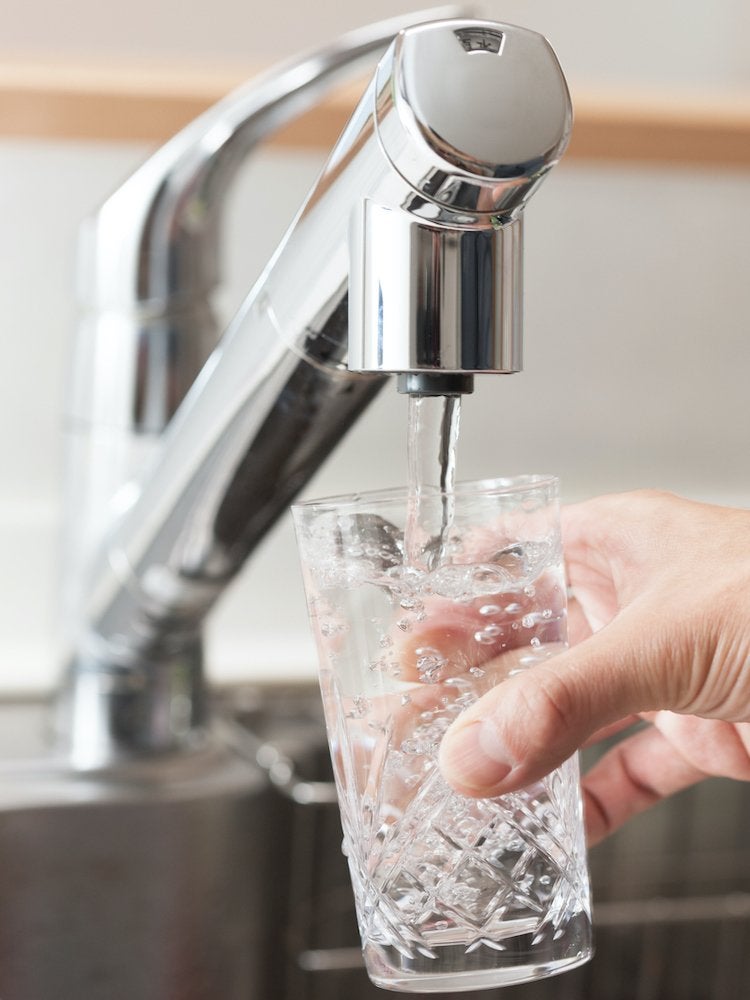
All the housecleaning in the world doesn’t matter if the people in your home aren’t drinking clean water. It’s important to change out the filter in your refrigerator’s water dispenser at regular intervals; consult your fridge manufacturer’s manual and make a note of how often your appliance calls for a filter replacement. Likewise, keep an eye on the water filtration system, if you have one, on your kitchen faucet, and make sure it’s giving you the freshest, cleanest water it can.
Breath of Fresh Air
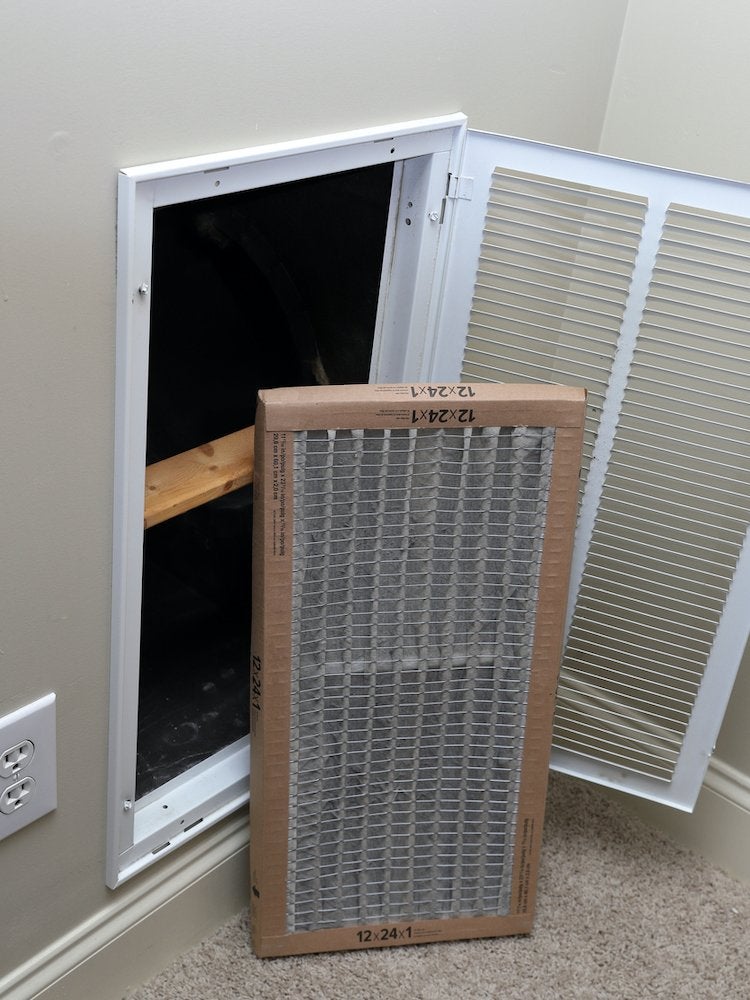
In the end, no amount of effort will render a truly clean home if its air quality is compromised, so make a point of replacing your air filter every six weeks at a minimum and check your HVAC’s MERV rating requirements to ensure that you’re using the optimal filter. After all, you can’t have a clean home without clean air circulating throughout.
